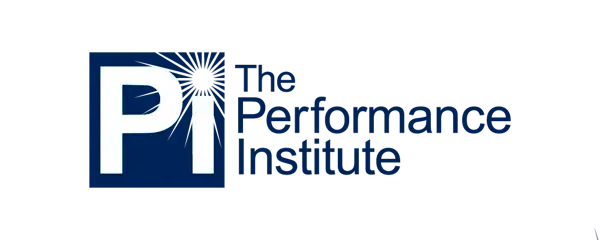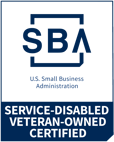This blog is based on Episode 7 of our GovEd Talks Video series: Developing a Change-Ready Workforce by Tom Dobrydney, Strategic Planning Consultant at The One 23 Group.
In today's organizational landscape, the pace of change has become a defining challenge, necessitating adaptive responses from employees at all levels. As the dynamics of volatility, uncertainty, complexity, and ambiguity (VUCA) permeate daily operations, organizations are compelled to cultivate adaptive behaviors among their workforces. This journey towards adaptability hinges on engaging employees, fostering self-directed learning, and embracing future-focused performance evaluations.
The Imperative of Employee Engagement
At the heart of organizational adaptability lies the concept of employee engagement—a catalyst for innovation, productivity, and bottom-line performance. Yet, prevailing statistics reveal a disheartening reality: only 34% of workers are actively engaged in their roles, leaving a significant margin for improvement. To harness the transformative potential of engagement, organizations must understand and leverage individual motivators, align personal purpose with organizational goals, foster mastery through development activities, and affirm contributions to the organizational mission. By cultivating a culture of maximum engagement, organizations empower employees to actively diagnose problems, respond to change, and elevate performance.
Empowering Self-Directed Learning
Central to adaptive behavior is the cultivation of self-directed learning—a hallmark of curiosity, innovation, and problem-solving. Empowering employees to pursue learning autonomously requires a fundamental shift in organizational ethos—one that champions learning as an inherent aspect of job expectations. By providing time, opportunities, and resources for self-directed learning, organizations enable employees to extract knowledge from their experiences, collaborate with peers, plan and evaluate learning initiatives, and leverage past mistakes as opportunities for growth. Relevant learning opportunities, ranging from stretch assignments to cross-functional projects, anchor self-directed learning in the context of individual roles and career aspirations.
Redefining Performance Evaluation for the Future
As organizations pivot towards adaptive paradigms, traditional performance evaluation frameworks undergo transformation—shifting focus from retrospective assessments to future-oriented development. Future-based performance evaluation approaches prioritize employee growth, proficiency, and alignment with organizational objectives. By emphasizing development over judgment, these frameworks catalyze a culture of continuous improvement, resilience, and agility. Through constructive feedback, goal setting, and alignment with organizational purpose, employees are empowered to chart their developmental trajectories, aligning personal aspirations with organizational imperatives.
Navigating the Road Ahead
As organizations navigate the complexities of change, the journey towards adaptability demands concerted efforts to empower employees as agents of transformation. By fostering maximum engagement, empowering self-directed learning, and redefining performance evaluation paradigms, organizations lay the foundation for adaptive excellence. As the pace of change accelerates and uncertainties abound, organizations must embrace adaptability as a strategic imperative—a journey defined by innovation, collaboration, and relentless pursuit of excellence in the face of evolving challenges. In empowering employees for an adaptive future, organizations chart a course towards enduring resilience, growth, and sustainable success in an ever-changing world.
In conclusion, the imperative of adaptability transcends organizational boundaries—it is a journey fueled by the collective efforts of engaged, empowered, and resilient employees. As organizations embrace change as a constant, the ethos of adaptability becomes a cornerstone of organizational culture—an ethos defined by curiosity, innovation, and a relentless commitment to excellence in the face of uncertainty. As we navigate the road ahead, the transformative potential of adaptive behavior beckons—a beacon of hope and resilience in an ever-evolving landscape of change and opportunity.
If you're interested in learning more about data management, consider enrolling in our upcoming course Fostering Continuous Change. Our course is designed to help managers and supervisors prepare their employees to develop a capacity to adapt effectively in an environment of continuous change.














